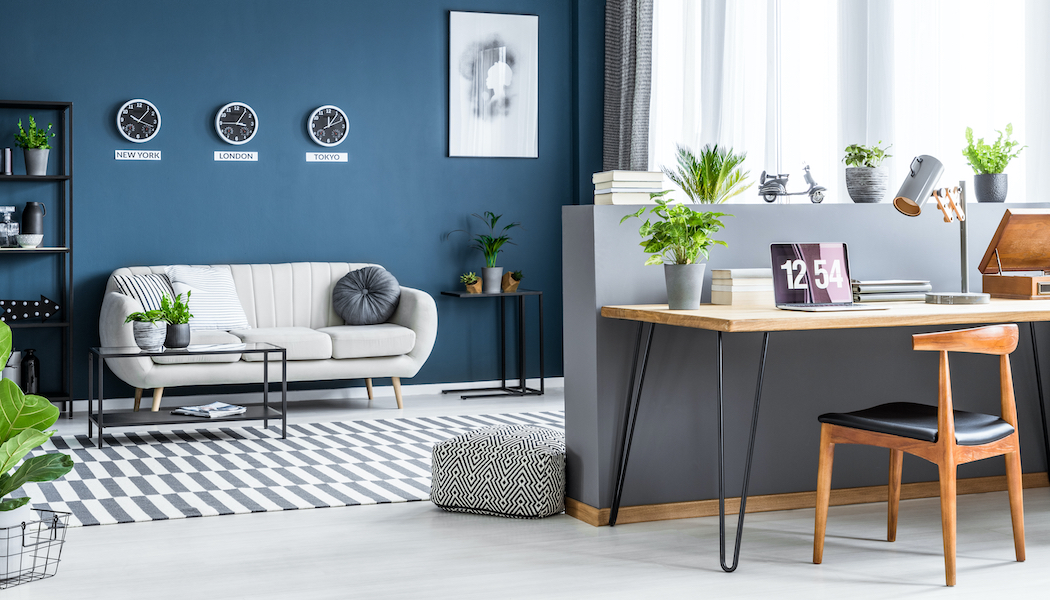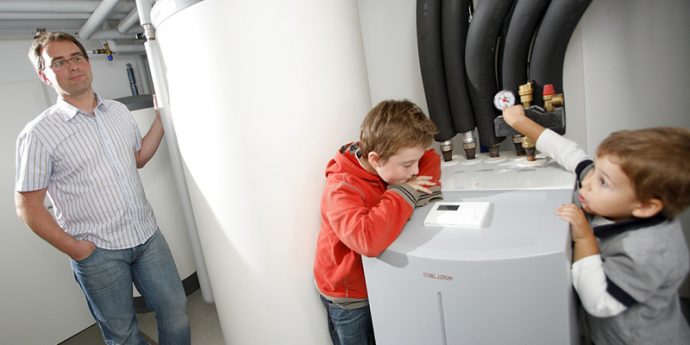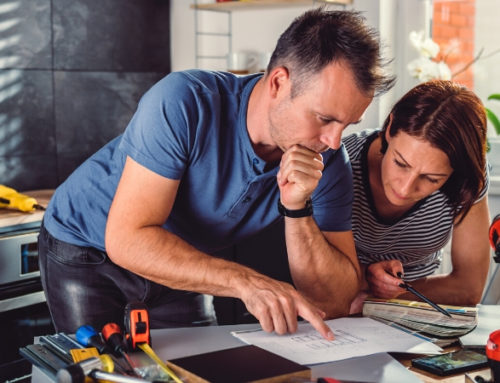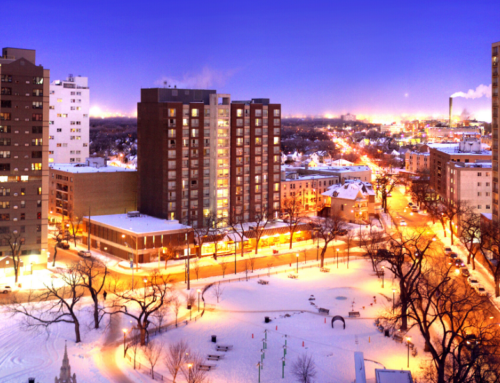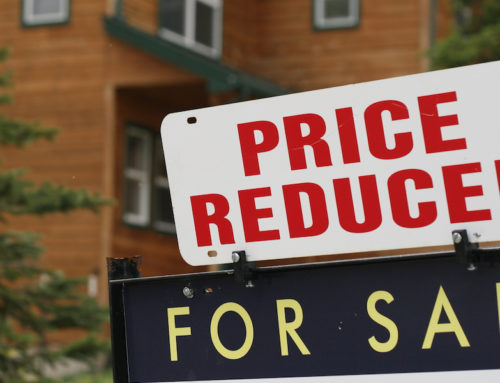There are many things to consider when looking for the right home; one of those considerations should be sustainability. A sustainable home is not only better for the environment, but it can also save you a significant amount of money in the long run.
We asked our RE/MAX Influencers—a panel consisting of RE/MAX Sales Associates throughout Canada—what sustainable features are the most important to look for when buying a sustainable home. They responded with features that will help you conserve resources and save costs on heat, water, and electricity.
“Buyers need to determine what space heating system is in place, this is the highest monthly cost and best ROI for a homeowner. Depending on the climate, heat pumps are the best but high efficiency gas furnaces are likely the best choice,” says Rob Grey, RE/MAX of Nanaimo (founder of Real Estate Energy Efficiency Program (REEP).
“They also need to see what level of insulation is installed as this compliments space heating and is one of the least expensive improvements in single family energy efficiency.”
Grey adds it’s very important to check if the home has had an energy assessment (EnerGuide rating), which is an extensive examination by a certified energy advisor who calculates the energy performance of a home, and is LEED certified (Leadership in Energy and Environmental Design).
LEED certification provides independent, third-party verification that a building was built using strategies aimed at achieving high performance in key areas, such as: water savings, energy efficiency, material selection, and indoor environmental quality.
Windows
More than half of our Influencers mentioned the importance of windows when it comes to energy efficiency. The quality of windows installed in a house greatly impact heat conservation. New double or triple pane, argon-filled windows provide extra insulation and better noise reduction for your home.
Properly insulated windows are a must for keeping heat from escaping during the cold winter months. However, the orientation of the windows to the sun should also be considered, as south-facing windows allow radiant heat from sunlight to enter the home each day.
Heating
Tied for second place along with water-saving features, a home’s heat source and heat conservation are also very important. A high-efficiency furnace, automated climate control, high value insulation, and heat recovery ventilation are must-haves among others.
South-facing windows, geothermal systems, and active solar energy systems are great sustainable features for heating a home. A geothermal system utilizes the stable ground temperature to regulate a home’s temperature, whereas an active solar energy system gathers heat from the sun.
Water
It is very important to conserve our freshwater supply. Sustainable homes utilize features that minimize water usage. Features like low-flow toilets, sinks, and showerheads, automated sprinklers, rain collectors, and xeriscaping go a long way in water conservation.
Solar
One-third of our Influencers spoke about the importance of utilizing the sun’s rays when considering sustainability. Solar panels, solar water heating, and orientation to the sun for natural heating are all ways we can effectively utilize solar energy.
Electricity
It can be difficult at times to keep up with advancements in technology. Our Influencers suggest looking for LED lighting and programmable energy-efficient appliances in a sustainable home. If the home is equipped with a solar panel array, ask for a comparison of the home’s electric generation and consumption. Is there a charging outlet in the garage for a potential future electric car?
***
Are you searching for the home that is in a great location and is the perfect style for you? Find the right agent to help you with your search.



